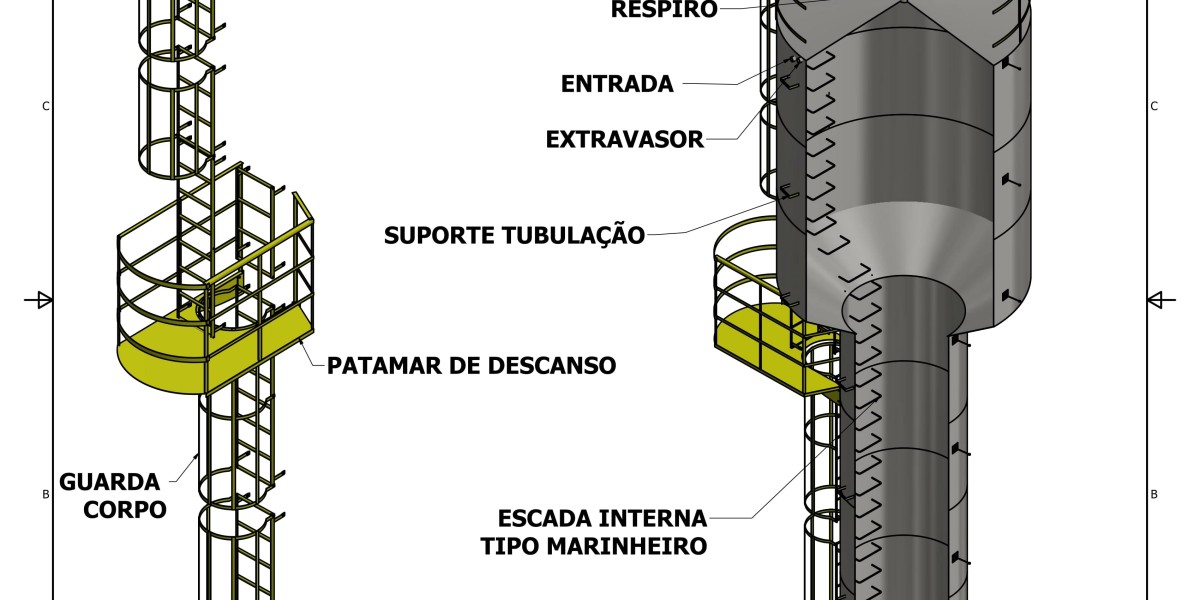Adopting a macaw could be expensive. If you adopt a macaw from a shelter, or rescue, your initial cost will be much less.
It is also important to consider the cost of food toys, veterinary treatment and cages or aviaries. Macaws are a flock animal and require constant care.
You'll also need to find a veterinarian who is skilled in exotic animals and is located within a reasonable distance. Otherwise, emergency visits to a veterinarian can be extremely costly.
Costs
Macaws require substantial financial commitments. They may live for 30 or more years, and ongoing expenses include food, toys and vet visits. Understanding the total cost of a Macaw will allow prospective owners to make an informed decision. It's also important to consider whether you have the skills and experience required to take care of a macaw.
 Prices for macaws can vary based on the breeder and location. The price of younger birds is higher than those with a long history. Reputable breeders concentrate on the health of their macaws and quality, and they typically provide a lifetime of support to their macaws. They also offer advice regarding behavior of the bird, socialization and other aspects. Macaws that are bred in America are typically less expensive than those that are bred in other countries.
Prices for macaws can vary based on the breeder and location. The price of younger birds is higher than those with a long history. Reputable breeders concentrate on the health of their macaws and quality, and they typically provide a lifetime of support to their macaws. They also offer advice regarding behavior of the bird, socialization and other aspects. Macaws that are bred in America are typically less expensive than those that are bred in other countries.The initial costs of setting up macaws are also substantial. They require large cages and these can cost upwards of $2,000. Other expenses include liners, feeders, perches, flight harnesses, and toys. These toys should be constructed using sturdy safe materials for birds. You can reduce your costs by making your own toys with recycled or repurposed items in your home. For example, you can create rope toys from old t-shirts or fabric scraps. You can also design enrichment activities from simple wooden pieces. Macaws are fond of chewing, so you'll need lots of durable, chew-resistant toys.
The travel carrier is another one-time cost that you will incur if you want to travel with your bird during holidays. Prices can vary, so it's best to browse online marketplaces and look for bargains and discounts. In addition you can search for secondhand options. Some users find it cheaper to buy Macaw a secondhand car rather than purchasing a brand new one.
Macaws are able to live for a long period of time, so you will have to think about what you will do in the event that you are unable to not take care of them. Responsible pet owners put aside funds or buy an insurance policy that names their macaw as beneficiary to cover the cost. Macaws are available for adoption at many animal shelters and rescues. These birds have been previously owned but cannot be taken care of by their previous owners due to illness, divorce or any other reason.
Socialization
Macaws are very social birds and are used to living in flocks in the wild. They also enjoy playing and interact with other birds. If a macaw is not well-socialized may develop fears and exhibit negative behaviors like feather-picking or aggression. This is avoided by beginning socialization early and gradually exposing the animal to people and other pets gradually. This can be accomplished with snacks, food or toys, and even an exercise gym. A daily routine of going outside the cage to play and pet your macaw can help to build confidence.
You must take into consideration the time commitment required to care for macaws. These large birds require daily attention, interaction and mental stimulation to be content. They must be exposed to a wide range of experiences including visits to the vets of avian species, other pets or family members, visiting and even car rides, to overcome their fear of flying and learn that these activities are enjoyable and safe.
 A healthy, well-bred macaw may cost you thousands of dollars. It's an investment for your relationship with the macaw, so do some research to locate a breeder or adoption center with an excellent reputation for breeding high-quality birds. Read reviews and testimonials, and if you can, visit the breeder or adoption center in person.
A healthy, well-bred macaw may cost you thousands of dollars. It's an investment for your relationship with the macaw, so do some research to locate a breeder or adoption center with an excellent reputation for breeding high-quality birds. Read reviews and testimonials, and if you can, visit the breeder or adoption center in person.A macaw bought from a reputable breeder will be guaranteed to be healthy and well-socialized. The bird will be vaccinated, and free of genetic diseases. A reputable breeder can also provide information about the bird's health, personality and background.
Macaws can be taught a variety of tricks. This will keep their minds healthy and stimulated, and reduce destructive and boredom. They can be taught to follow basic commands, and it is also possible to teach them to imitate phrases and words.
Training
Macaws require a lot of mental stimulation. They live for a long time and can establish unique relationships with their owners. To maximize their potential, it is important to start training at an early age. A macaw that is well-trained will be more likely to respond quickly to commands and will be able to learn new behaviors. The best method to train a macaw is to use positive reinforcement. This means rewarding your macaw with treats and praise whenever it exhibits the behavior you want. It is essential to provide your macaw with a range of toys and enrichment items. These can be as simple as wood pieces to chew on a regular basis, or as complex as an indoor play center designed to test the bird's natural instincts.
Macaws require a lot of food and other supplies, which means the cost of owning one is higher than for other pets. The initial costs include the cost of the macaw, as well as the large cage. They also include ongoing expenses such as food, toys and veterinary treatment. You should also think about the long-term costs associated with having a Macaw.
Some breeders may charge higher for their macaws than others, but this is usually due to their reputation for selling high-quality birds. Breeders that are known for their quality tend to adhere to strict rules to ensure the health and quality of their birds. The price of macaws is also affected by factors such as the macaw's size, age as well as the location and any restrictions imposed by law that might exist.
If you're not able to pay for the expenses of owning a macaw, it is recommended to wait until you have more money or locate a rescue bird that needs an appropriate home. If you cannot afford the expenses associated with owning a Macaw, then you should wait until you can or adopt a bird from a rescue group.
Care
Macaws require a lot of brain stimulation. They are intelligent birds. If they don't have enough stimulation of it, they'll look for other ways to entertain themselves, which might be noisy or destructive. They might also begin to pick at their feathers, which can be an indication of boredom as well as stress. This can be prevented by giving your bird a variety of games and toys to keep your bird entertained.
Besides food, you'll need to buy toys and cleaning equipment for your macaw. When possible, you can cut down on these monthly expenses by buying in large quantities. You can save money by buying large quantities of cleaning supplies and liners. Also, try to avoid items that may be toxic to birds, like nonstick bakeware household cleaners with strong odors, as well as air fresheners that contain scents.
You'll have to pay for vet appointments and avian insurance in addition to your daily expenses. A reputable vet will be able to identify and treat any ailments your macaw might suffer from and offer suggestions on how to treat them. Avian-specific insurance is an important investment since it covers the cost of veterinary care for things like avian flu and Psittacosis.
When you're preparing to purchase a macaw remember that this is an investment for the rest of your life. You need to be prepared to take care of them for a period of 15 years. It is also advisable to think about purchasing insurance for your pet and putting aside money for any medical emergencies that arise. If something goes wrong you have an emergency plan can alleviate your stress. If you're unsure about assuming this responsibility, there are a lot of rescues and sanctuaries for macaws in the United States that are able to match them with homes that are suitable for them. These facilities are specifically devoted to birds and have staff on hand to educate people on the difficulties of caring for these birds. They can also assist you in deciding whether this pet is suitable for you prior to making a the final decision.







